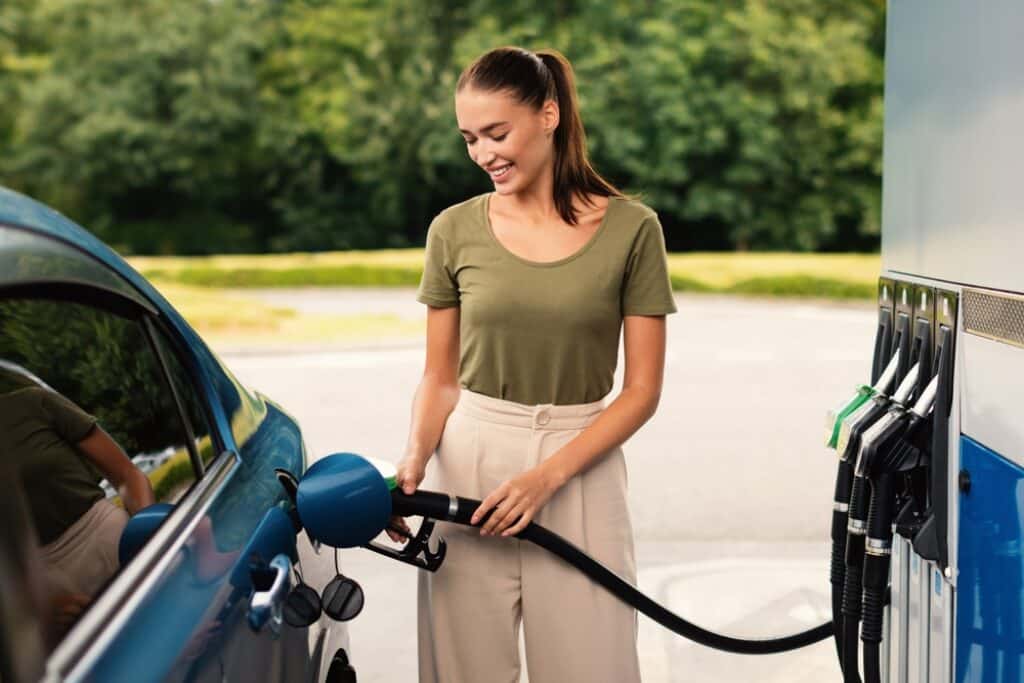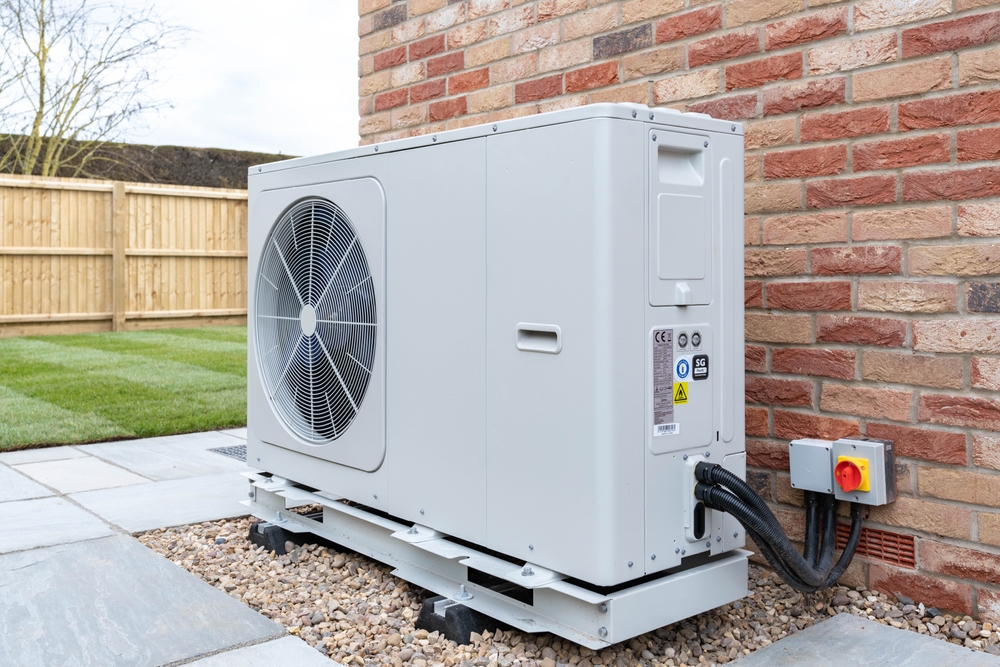
Chancellor Rachel Reeves is likely to announce an end to the fuel duty freeze, which has been in place since 2012. The rate of fuel duty was then cut in 2022 by then Chancellor Jeremy Hunt.
Pressure has been growing on Labour to continue the fuel duty freeze, with a group of Tory MPs delivering a fuel duty petition to Downing Street last week.
Whatever happens in the Budget, drivers will be keen to fill up for less.
Here are eight tips to fill up for less from personal finance expert Rebecca Bebbington of NetVoucherCodes.
Use price comparison tools
Use websites or mobile apps that compare petrol prices at different stations in your area such as PetrolPrices.com. This allows you to identify the stations offering the lowest prices, and if you plan ahead, you can save hundreds over a year.

Wellness and wellbeing holidays: Travel insurance is essential for your peace of mind
Out of the pandemic lockdowns, there’s a greater emphasis on wellbeing and wellness, with
Sponsored by Post Office
Take advantage of loyalty programmes
Many supermarkets offer loyalty cards or rewards programmes that allow you to earn points or discounts on fuel purchases. Some programmes with the best value include Sainsbury’s Nectar card, Shell GO+, BPme and Morrisons More.
Fill up during off-peak hours
Petrol prices can fluctuate throughout the day, with prices typically lower during off-peak hours. Try to fill up your tank early in the morning or late at night to take advantage of potentially lower prices.
Plan your trips
Schedule your time efficiently to minimise the number of journeys you need to make. Combining multiple errands into one trip helps reduce overall fuel consumption and saves you money on petrol.
Drive smarter
Adopt fuel-efficient driving habits such as gentle acceleration, maintaining a steady speed, and avoiding unnecessary idling. These practices can improve your vehicle’s fuel efficiency and save you money on petrol in the long run.
Keep your vehicle well-maintained
Regularly servicing your vehicle and keeping it in good condition can improve fuel efficiency. Check your tyre pressure regularly, as underinflated tyres can increase fuel consumption. Also, replace air filters and spark plugs as recommended by your vehicle manufacturer.
Consider alternative fuels
If your vehicle is compatible, explore alternative fuel options such as LPG (liquefied petroleum gas) or biofuels, which may be more cost-effective than traditional petrol.
Declutter your car
Removing unnecessary items from your vehicle can reduce its weight, leading to improved fuel efficiency. Extra weight places a strain on your engine, causing it to work harder and consume more fuel.




